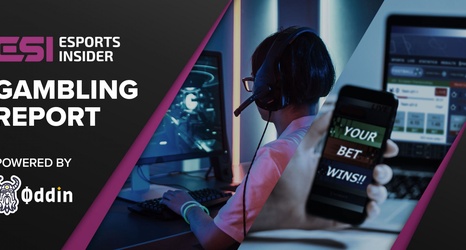Esports and integrity harbor a complicated history with one another; and more recently this dynamic has become increasingly tangled.
On August 31st, tournament organiser ESL announced a competitive ruling which shook the industry’s core. The statement identified three Counter-Strike: Global Offensive coaches of prominent organisations to have abused a bug in the game during a professional match. In consultation with CS:GO developer Valve and the Esports Integrity Commission (ESIC), ESL issued each player a temporary competitive ban between six months and two years length.
While startling in it’s own right, it was merely the beginning of what would evolve into a progressively dark narrative; bringing to a head serious questions of managing competitive integrity through an entirely online infrastructure, and with big money on the line.
